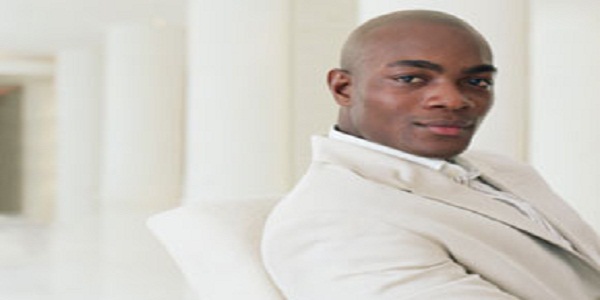I watched Men Ain’t Boys recently, and as I pressed play I wondered how much of what I said when I was taped for the documentary actually made it to the film.
I remember being genuinely nervous as I sat down in front of the camera, unsure of what was going to be asked of me and thanks to a few extra pounds I’ve since lost, not too happy with the way I felt or looked. I know the camera adds ten pounds and I was already pushing ten pounds extra in the real world.
I didn’t have long to wonder. About ten minutes into the film there I was, extra cheeks and all. I watched myself straining to look directly at the camera no different than I do when forced to make eye contact with someone inches from my face. At the sound of my voice my daughter looked up suddenly at the screen and cheered, “Daddy’s on TV! I wanna be on TV!” She clapped for me with her hands above her head. My wife looked on, smiling. The scene almost brought me to tears. I had to replay my segment to actually hear what I had said.
In the film, I declared accountability to be one of the cornerstones of manhood. I went on to point out that there are no guidebooks for us [men] on this [manhood]. We don’t have a Family of Men, the way women have a Family of Women. Though we should. I was blessed to come from a home where my father was ever-present, but he taught primarily by example and said little if anything at all to me about what it takes to be a man.
I went on to say that men flounder around making it up [what it means to be a man] as they go along. Paraphrasing myself I said, “If we spent less time trying to be some sort of imaginary figment of what society suggests manhood is supposed to be and just concentrated on investing into ourselves”...if we did this then more men would probably arrive at authentic manhood”...and we would know what that looks like.”
It was a rare opportunity for me to look at myself as an outsider might. And for the first time, as a man, I was proud of me. Not proud of what I’ve done as a father or husband or a citizen of the United States, but just me. My life, as I’m sure most men’s lives are in my position, is a perpetual race “” to do more, to do better, to accomplish something I aspire to do, to provide, to set the standard, to be an example, to be a beacon of hope and strength. There are few if any places outside of prayer to go to recharge. And I go to bed most nights thinking I didn’t do enough in the day I’m exiting. My testimonials in Men Ain’t Boys set the record straight, allowing me to see me for who I am, the grown, imperfect but authentic man, Eric Payne. And rather than think about all that needs to be done I was filled with a sense of pride. It recharged me. The work of my parents and those who preceded them was not in vain. I’m proud of my authentic manhood “” the successes, mistakes, teary eyes and all.
How do you define authentic manhood? Where do you go to make sure you’re on the right path?


I definitely need to see the documentary. I love what you said about men just winging it, making up how to be a man along the way. They need more role models. They need a support system of MEN. Women can’t teach boys how to be men. Only other men can do that. There’s so many different types of men, and the type they’re surrounded by is usually going to be the type that they are.
Thank you for your comment, Brianna.
Hi5, I love what this represents strengthening families and communities. Thx